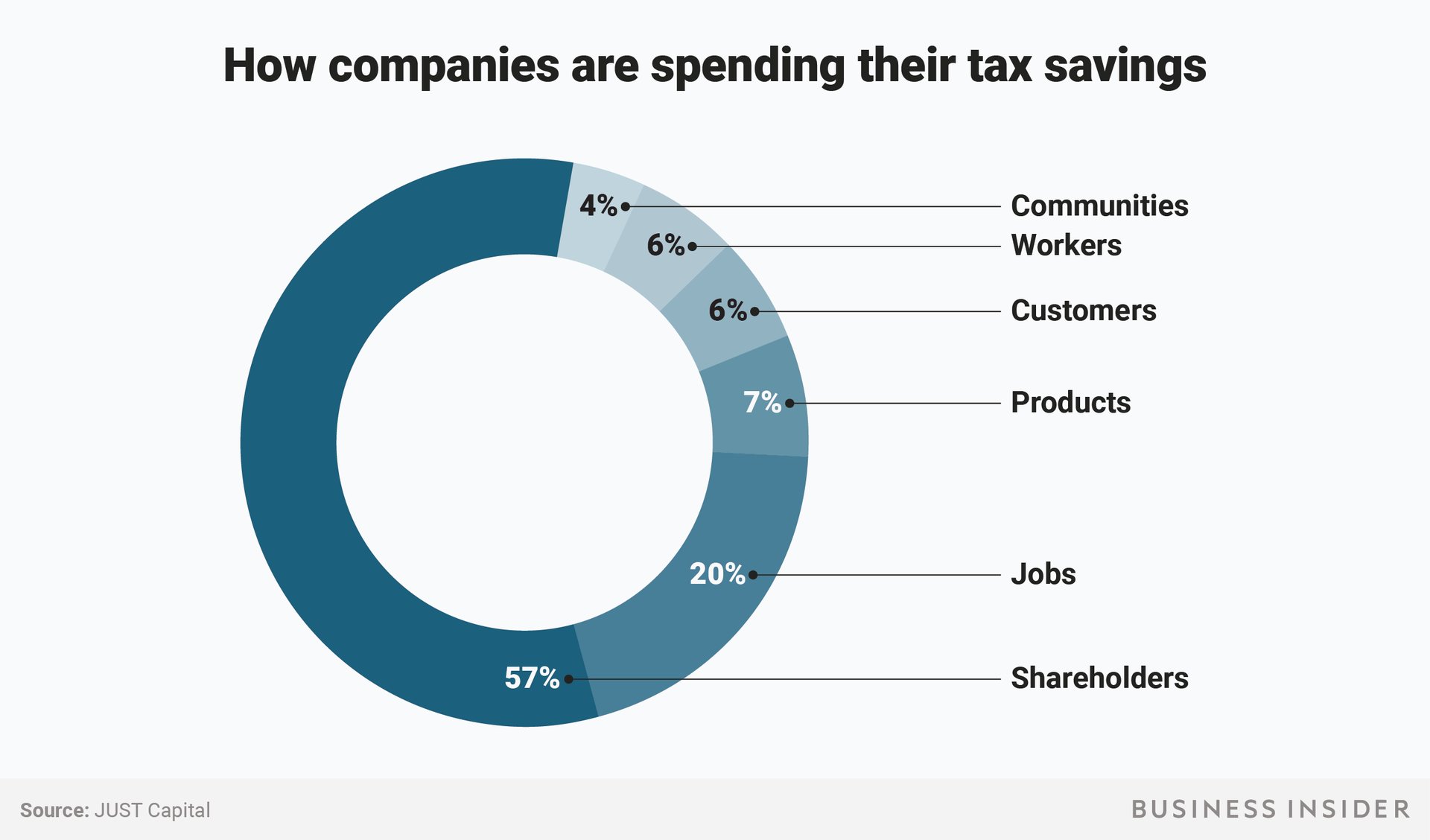In praise of the ordinary job ad
We are probably all a little tired of or at least raise a cynical eyebrow when we see yet another job posting advertising an amazing work culture, fast-paced environment, incredible colleagues, and off the charts compensation and perks. We all know that every job ad is a kind of marketing message, so a little bit of hype and exaggeration is kind of a given and kind of expected and accepted. But at the same time most all of us with even just a little bit of work experience know that not every workplace can be a Top/Great/Awesome/Admired place to work, not every job is actually a great opportunity, and not every workplace is blessed with a great, supportive culture.
Sometimes a job is just a job. And there is nothing wrong with that. Beats watching Cable news all day.
And in the spirit of the acknowledgement that sometimes a job is just a job, even one that seems as cool an opportunity as being a teacher in a university, I want to share this story, seen on the excellent Sixth Tone site, of how one average university in China has decided to advertise on very average job opportunity.
From the piece on Sixth Tone:
A recruitment notice from a university in southwestern China impressed readers with its bluntness on Tuesday, and has been shared on social media as “the most honest job ad.”
The ad from Xingyi Normal University for Nationalities in Guizhou province seeks teaching staff who hold doctoral degrees in languages and linguistics. It begins by introducing the college as a “very, very ordinary” institution that is not part of any prestigious national tertiary education leagues and describes the salary and conditions as simply “standard.”
The perk, however, is that the role is fairly undemanding. “There’s not too much pressure and no research obligations; it’s entirely up to you whether you want to apply for projects or publish articles — if you just want to teach classes, that’s fine,” the advertisement says, adding: “The students here are comparatively unsophisticated … don’t teach anything too esoteric that they might not be able to absorb.” The post also includes some attractive features about the city of Xinyi — such as the low price of beef - 35 yuan a pound cheaper than in other cities.
I have to admit I love this ad for its bluntness and self-awareness.
An 'ordinary' institution offering a 'standard' job with 'average' compensation, but having the benefit of being 'undemanding' and serving 'unsophisticated' customers/students.
While on the one hand you would think a job ad of this type would only attract 'B' or 'C' type candidates, (and you could also argue that any 'A' player or top talent would not be happy in a role like this), the University has actually reported that the responses so far to this honest, ordinary ad have been really positive.
According to reports, the Dean of the University had received many inquiries, including ones from graduates of some of China's top schools.
So maybe this honest job ad, seeking candidates for an average job at a standard rate of pay where the successful candidate won't have to work too hard might just achieve for the University just exactly what any job ad is meant to do. Attract not necessarily the 'best' candidates, but rather the 'right' ones.
Do your job ads manage to accomplish that?
Have a great weekend!

 Steve
Steve



